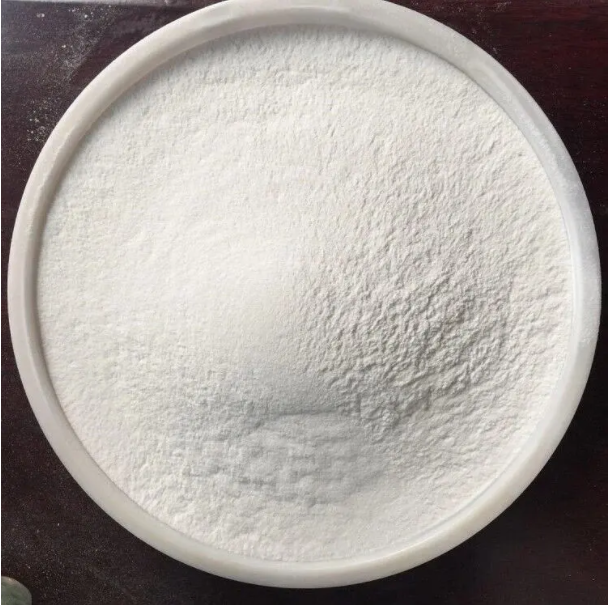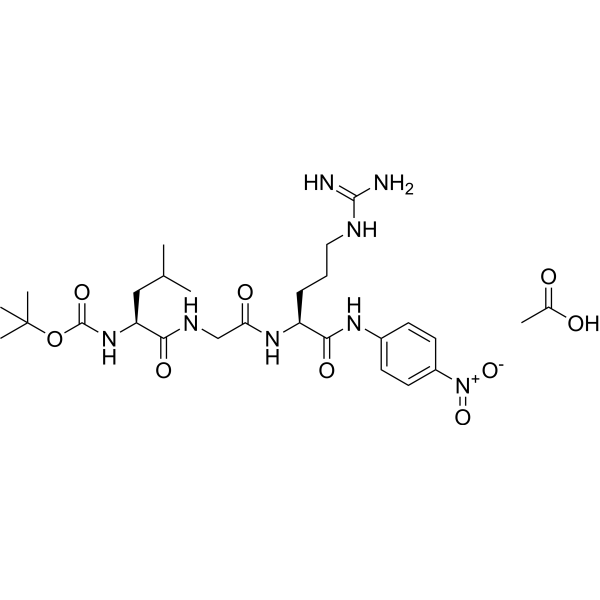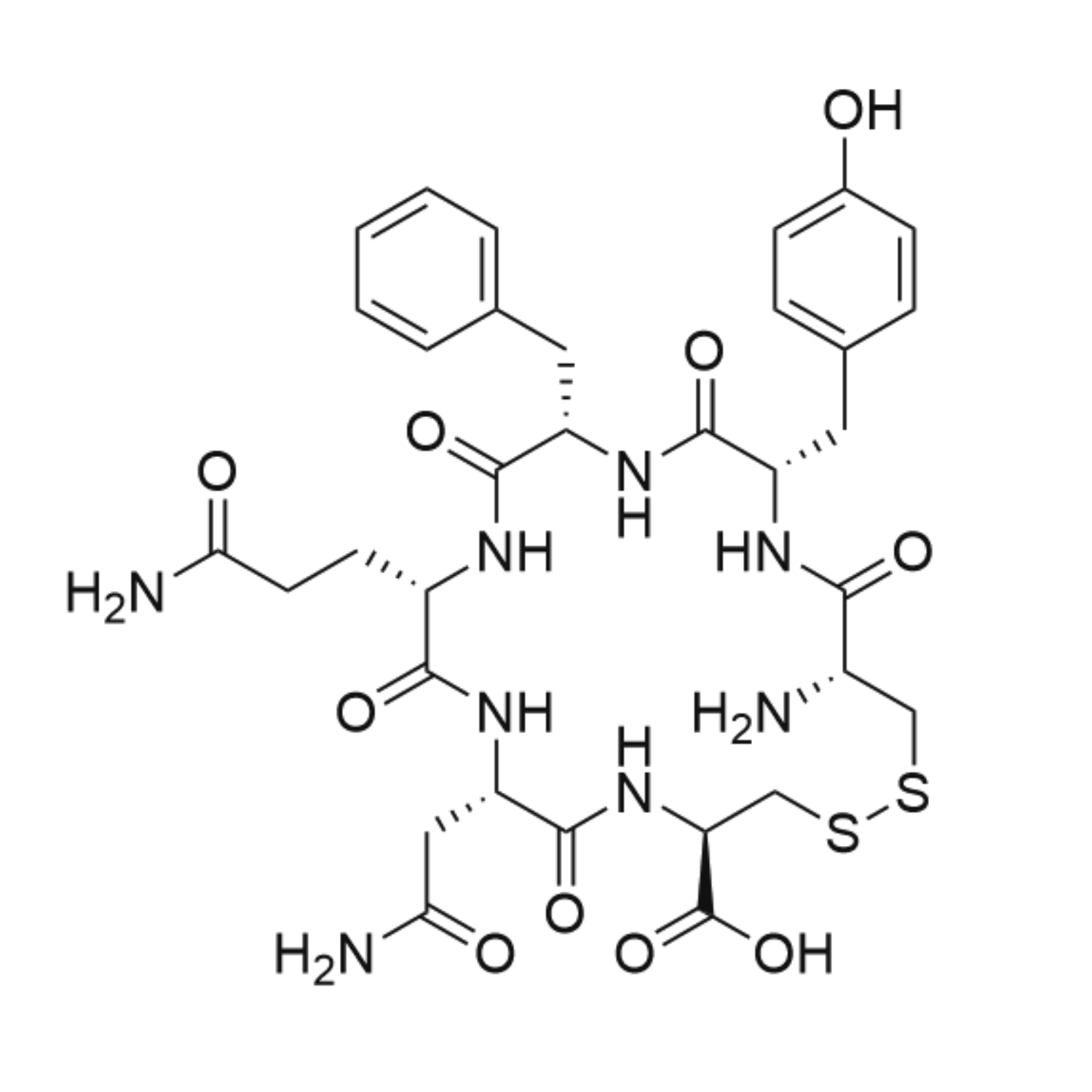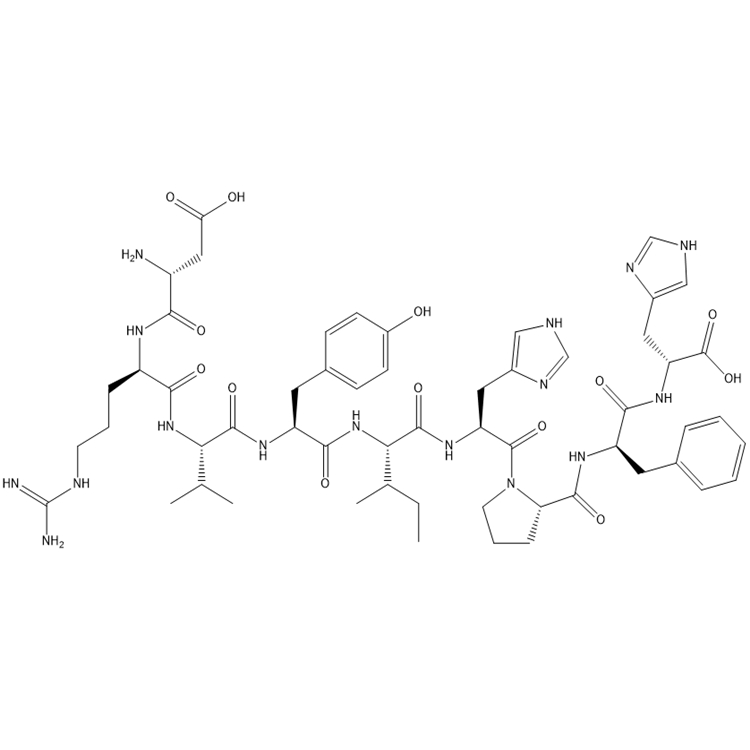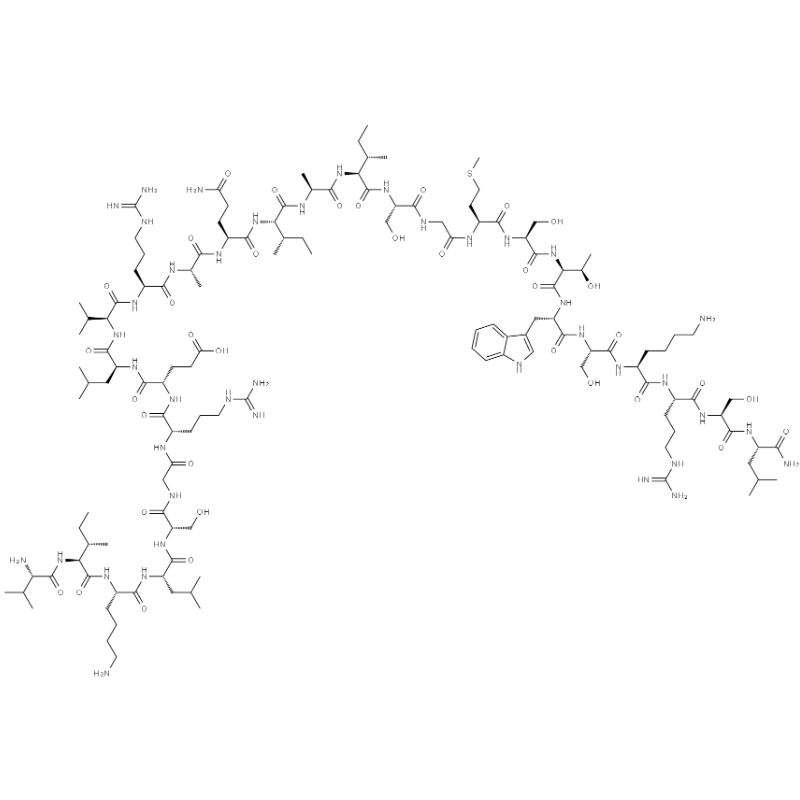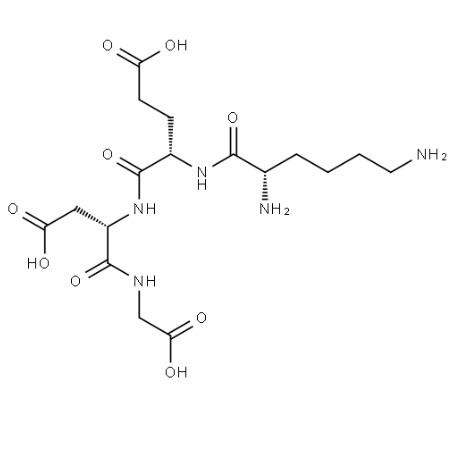Prostamax vendor/473578-47-1/Peptide modification
Prostamax is a biological regulatory peptide used to treat experimental chronic prostatitis of an aseptic nature. Studies have shown that Prostamax can alleviate the symptoms of chronic inflammation (swelling, hyperemia of vessels, lymphoid infiltration) and prevent development of sclerotic and atrophic processes.
Specifications
Apperance: White to off-white powder
Purity(HPLC): ≥98.0%
Single Impurity: ≤2.0%
Acetate Content(HPLC): 5.0%~12.0%
Water Content (Karl Fischer): ≤10.0%
Peptide Content: ≥80.0%
Packing and Shipping: Low temperature, vacuum packing, accurate to mg as required.
FAQ:
Which end is best for my research?
By default, the peptide ends with an N-terminal free amino group and a C-terminal free carboxyl group. The peptide sequence often represents the sequence of the mother protein. In order to be closer to the mother protein, the end of the peptide often needs to be closed, that is, n-terminal acetylation and C-terminal amidation. This modification avoids the introduction of excess charge, and also makes it more able to prevent exonucliase action, so that the peptide is more stable.
How pure can the peptide be?
Our company can provide different purity levels for customers to choose from, from crude to > 99.9% purity. According to customer needs we can provide purity > 99.9% ultra-pure polypeptide.
What are the applications of peptide libraries?
Peptide libraries are an efficient tool for many studies, including GPCR ligand screening, protein-protein interaction studies, functional proteomics, nucleotide binding, screening of enzymatically acting substrates and inhibitors, antigen and epitope screening, signaling molecule search, and other important processes of drug screening.
What are the advantages of PEG-modified peptides?
Polyethylene glycol modification is the addition of a polymer (ethylene glycol) to the target molecule by means of covalent bonding. By camouflaging the peptide, the PEG modification fools the host cell's immune system, enhances the therapeutic effect of the peptide, and increases the solubility and bioavailability of the hydrophobic drug. It can also prolong the circulation time of polypeptides by decreasing renal clearance.
How is my peptide transported? What test reports are provided?
All freeze-dried polypeptides are usually stored in special containers of 2 ml or 10ml with original analytical data and synthesis reports containing important information such as sequence, molecular weight, purity, weight, and number of the polypeptide.

